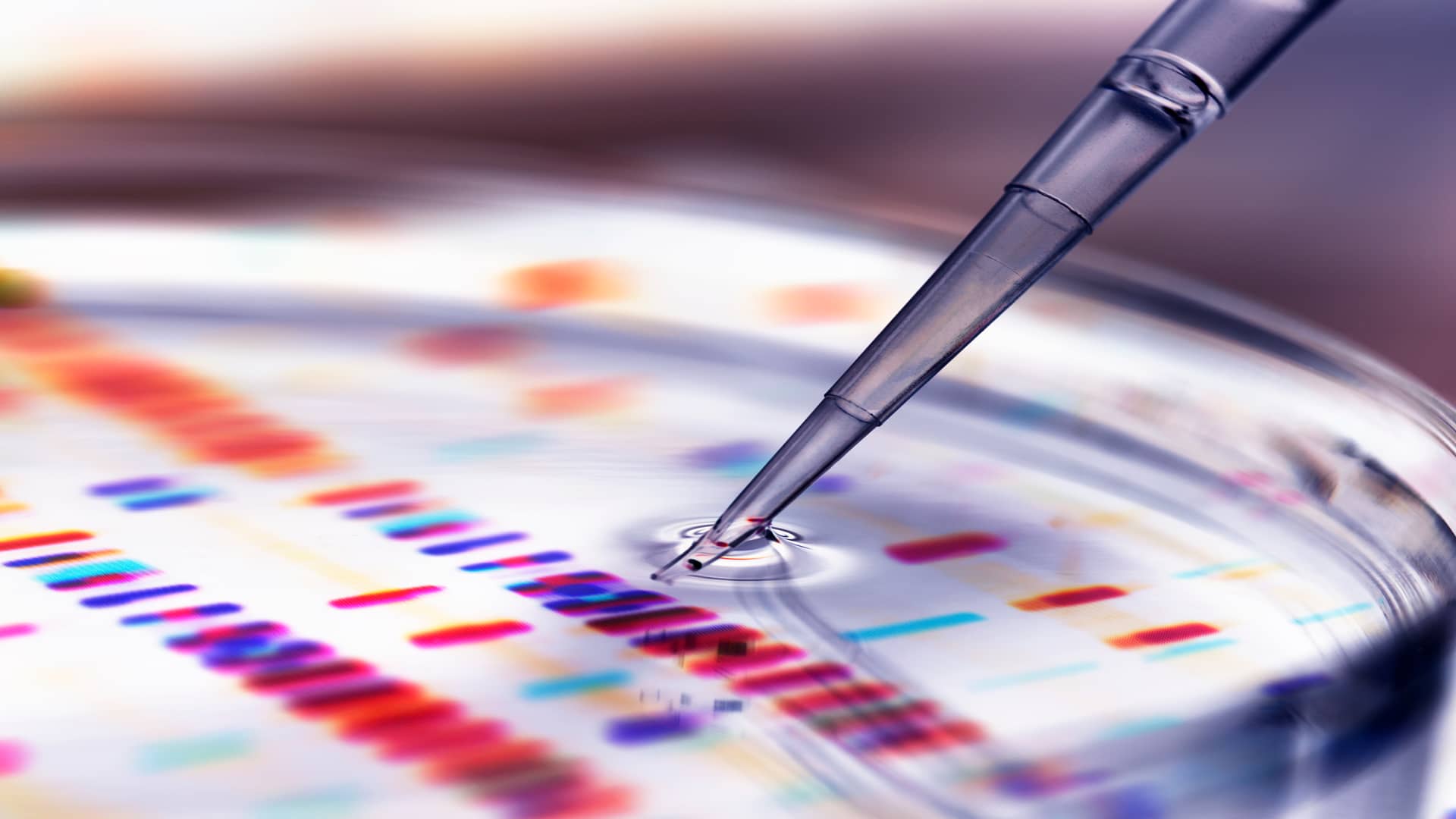Scientists have been using the same human genome sequence to study genomics for more than 20 years, but on Wednesday it got a major makeover.
Researchers published a new, more inclusive collection of reference human genome sequences in a landmark development that greatly expands on that original reference sequence.
The new pangenome reference includes genome sequences of 47 people from across the globe, according to a series of peer-reviewed papers published in the journal Nature on Wednesday. The original reference human genome sequence primarily came from one person, though it includes components from a total of around 20 people.
The pangenome better reflects the global gene pool, so scientists will be able to use it to more accurately identify genetic variations related to disease. The more diverse reference map will also eventually be used to help develop more personalized care that is tailored to an individual’s DNA, according to the researchers.
A genome is the complete set of DNA instructions necessary for an organism to grow and function. Scientists rely on a reference human genome to establish a “standard” they can use to study the variations that make people unique. On average, human beings’ genomes are around 99% identical, but small differences can give scientists insights into the traits that could affect an individual’s health.
”With a pangenome reference, we can accelerate clinical research by improving our understanding of the link between genes and disease traits,” Wen-Wei Liao, co-first author of the paper, said in a release.
The pangenome uses advanced computational techniques to align all the genome sequences. These techniques helped fill in gaps left by the original reference by adding more than 100 million new DNA letters, the release said.
“The human pangenome reference will enable us to represent tens of thousands of novel genomic variants in regions of the genome that were previously inaccessible,” Liao said.
Scientists at the Human Pangenome Reference Consortium, which is funded by part of the National Institutes of Health, conducted the research.
